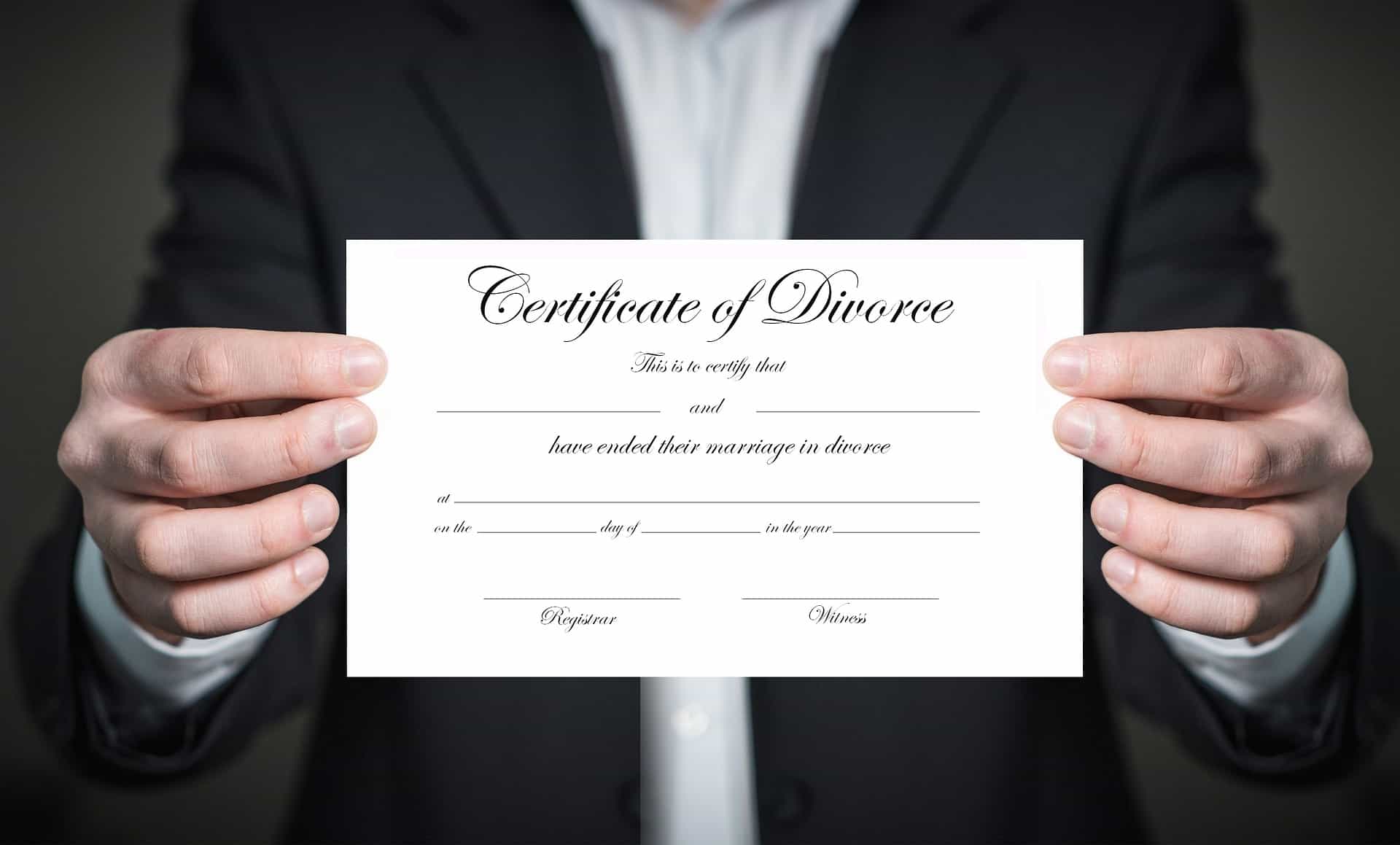Finding out your partner has been unfaithful is never an easy pill to swallow. Dealing with a cheating partner is a gut-wrenching experience that can leave you feeling hurt, confused, and unsure of what to do next. But, before you jump to any conclusions or make any hasty decisions, it’s important to take a step back and assess the situation. The process of dealing with infidelity in a relationship.
Here is a brief overview of what each step might involve:
Confronting the Issue: How to Talk to Your Cheating Partner

Here are some tips on how to talk to your partner about their infidelity:
-
Prepare yourself
Most people make this silly mistake. They confront without any “legal” and solid evidence of cheating. Before you have the conversation, make sure you have all the facts and evidence of the infidelity. This will help you stay calm and focused during the conversation.
-
Choose the right time and place
Pick a time and place where you both feel comfortable and can have an open and honest conversation without interruption. Though this is very rare when confrontation comes this gracefully.
-
Be clear and direct
When you start the conversation, be clear and direct about your feelings and concerns. Avoid accusing or putting blame, and instead, focus on expressing how you feel and what you need.
-
Listen to your partner’s perspective
Let your partner express their side of the story and try to understand their perspective. At least, give them a chance to explain themselves.
-
Establish boundaries
Clearly communicate your boundaries and what you will and will not tolerate in the relationship going forward.
Importance of Gathering Evidence: How to Prove Infidelity

Check your partner’s phone and computer:
Ethically this is wrong but if you have suspicions better to have a solid proof to back it up. Look for suspicious texts, emails, or social media activity.
Look for changes in behavior
Has your partner’s behavior changed recently? Are they spending more time away from home or being more secretive about their schedule? Are they attentive in your presence? Does something feel off? Observe all seemingly unimportant details. Usually, the first sign of a cheating partner is their emotional absence.
Get a private investigator
Hiring a private investigator may be a good option if you want to gather concrete evidence of infidelity. They can track your partner’s movements and provide you with photographic or video evidence. Though this is a serious step and only go for it if you have very clear suspicions about them. Just a “check up” can damage your relationship severely.
Gather physical evidence
If you suspect that your partner is cheating you, look for any physical evidence such as condoms, hotel receipts, or other items that may indicate your partner has been unfaithful.
Making a Decision: Deciding to Stay or Leave the Relationship

Take time to process your emotions
Infidelity can be a traumatic event, and it’s important to take the time to process your emotions and feelings before making any decisions.
Consider the reasons for the cheating partner
Is this a one-time occurrence or a pattern of behavior? Was the cheating a result of deeper issues in the relationship?
Communicate with your partner
Have an open and honest conversation with your partner about the infidelity and discuss what steps they are willing to take to regain your trust.
Seek counseling
Consider seeking the help of a therapist or counselor to help you navigate the difficult emotions and decisions that may arise.
Consider your long-term goals
What do you want for your future? What kind of relationship do you want to have?
Assess the health of the relationship
How has the relationship been before and after the infidelity? Are there healthy communication and trust?
Healing and Moving On: Coping with the Emotional Toll of Infidelity

- Allow yourself to grieve. Cheating by your partner can be a traumatic event, and it’s important to allow yourself to grieve the loss of trust and the end of the relationship.
- Seek counseling. Talking to a therapist or counselor can help you process your emotions and work through the trauma of infidelity.
- Practice self-care. Take care of your physical and emotional well-being by eating well, exercising, getting enough sleep, and engaging in activities you enjoy.
- Learn from the experience. Reflect on the relationship and what you can learn from the experience to avoid similar situations in the future.
- Forgive yourself and your partner. Forgiving yourself and your partner for any mistakes made in the relationship is an important step in the healing process.
Establishing Boundaries: Setting Ground Rules for Moving Forward

- Communicate clearly. Have open and honest communication with your partner about what you need to feel safe and secure in the relationship.
- Enforce consequences. Make it clear that there will be consequences if your partner does not respect your boundaries.
- Seek accountability. Encourage your partner to take responsibility for their actions and to work on rebuilding trust in the relationship.
- Take time to trust again. Trust is earned and takes time, be patient with yourself and your partner as you both work on rebuilding trust in the relationship.
- Don’t forget about self-care. Remember to take care of yourself emotionally, mentally, and physically during this process.
Seeking Help: The Importance of Therapy and Support

A therapist can help you understand the underlying issues that led to the infidelity, whether it be a lack of communication, unmet needs, or other issues. He / She can help you with
-
Learning coping mechanisms
Strategies and tools to cope with the emotional fallout of infidelity.
-
Rebuilding trust
The therapist will give you the confidence to work through the process of rebuilding trust in the relationship.
-
Finding closure
Closure and moving on from the hurt and betrayal of infidelity.
-
Support groups
Joining a support group can provide you with a sense of community and understanding from others who have gone through similar experiences.
-
Self-care
He will prioritize self-care and ensure that you’re taking care of your emotional, mental, and physical well-being.
-
Re-establishing relationship
Re-establish your relationship and build a stronger foundation moving forward.
Protecting Yourself: Understanding Your Legal Rights in a Cheating Relationship

- Consult a lawyer. If you are considering ending the relationship, it’s important to consult with a lawyer to understand your rights and options.
- Understand your state’s laws. Infidelity may or may not be grounds for divorce depending on the state you live in. Some states have “no-fault” divorce laws, meaning that a spouse does not have to prove that the other spouse was at fault for the divorce.
- Know your rights regarding property and assets. A lawyer can advise you on your rights regarding any property or assets that you may have shared with your partner, including the distribution of property in the event of a divorce.
- If you have children, a lawyer can advise you on your rights regarding child custody and support.
- If you feel unsafe or threatened by your partner, a lawyer can advise you on obtaining an injunction or restraining order.
Moving Forward: A Plan for Rebuilding Trust and Moving on with Your Life

- Communication is key when it comes to rebuilding trust. Be open and honest with your partner about your feelings and concerns.
- Understanding the reasons for the infidelity is crucial in rebuilding trust and moving forward.
- Both parties should take responsibility for their actions and apologize for the pain caused.
- Establish trust-building behaviors such as being transparent with your partner, being consistent in your actions, and is committed to rebuilding trust.
- Set boundaries and establish ground rules for moving forward.
- Rebuilding trust takes time, be patient with yourself and your partner.
- Create a plan for the future that includes your goals for the relationship, your expectations, and how you will work together to achieve them.
In the end, cheating is never okay, and it’s important to take the necessary steps to protect yourself and move forward. Remember, you deserve to be treated with respect and honesty in a relationship. So, take the time to heal, establish boundaries, and don’t be afraid to seek help along the way. Life goes on and better things are yet to come.





